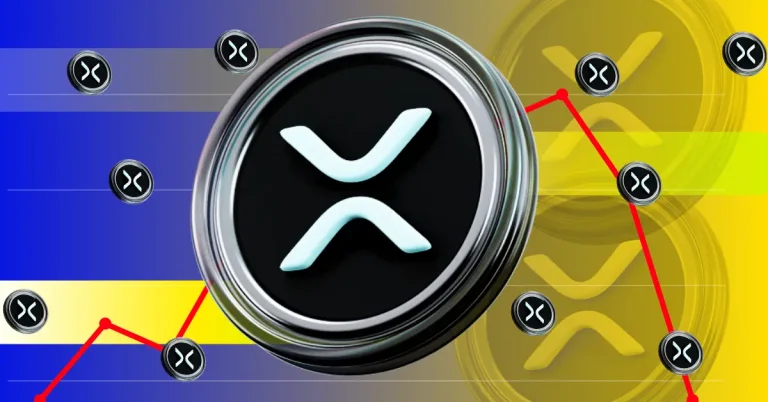
“`html
Exploring Elon Musk’s Influence on the U.S. Debt Crisis
Elon Musk’s recent foray into government efficiency, spearheaded by the Department of Government Efficiency (DOGE), has stirred up a whirlwind of discussions about its potential impact on the colossal U.S. national debt. Let’s delve into Musk’s strategies, their ramifications, and how they fit into the broader picture of the U.S. debt dilemma.
The Financial Mount Everest: U.S. National Debt
Picture this: as of early 2025, the U.S. national debt has ballooned to over $36 trillion, with yearly deficits almost hitting $2 trillion. The interest on this debt alone is a heavyweight, standing neck and neck with hefty departmental expenditures like defense budgeting. This financial albatross poses a monumental hurdle to the U.S. economy and its financial equilibrium.
Musk’s Trailblazing Tactics
Elon Musk, under the presidential directive of Trump, has been on a quest to weed out government waste and fraud, aiming to chip away at the fiscal deficit. Musk boldly asserts that the excesses in federal expenditure could be upwards of $1.7 trillion annually, advocating substantial savings through efficiency drives. His game plan involves shuttering whole agencies and leveraging tech to streamline governmental operations.
Hurdles and Hoots
Alas, Musk’s odyssey is not without its share of obstacles and naysayers:
- Legal and Ethical Labyrinth: Musk’s maneuvers have stirred legal queries, resulting in some of his initiatives being entangled in federal court halt grounds. Moreover, ethical qualms loom large regarding his grip on sensitive government systems and possible conflicts of interest.
- The Waste Riddle: Critics raise flags that while taming waste is beneficial, it fails to tackle the underlying culprits steering the national debt, such as mandatory spending on Social Security and Medicare along with defense. These programs are politically tender and demand broader legislative revamp.
- Politics and Societal Symphony: Musk’s endeavors have been painted with a political brush, with ideological-driven target choices over merely economic efficiency. This trend has the power to isolate certain societal segments and weaken backing for sweeping fiscal overhauls.
The Verdict
While Musk’s attempts at slashing government excess and hiking efficiency are laudable, they confront formidable challenges in battling the U.S. debt crisis holistically. The national debt quandary is a labyrinthine maze requiring a polyhedral strategy, encompassing legislative tweaks to mandatory spending and, conceivably, nudging up taxes. Without these overarching changes, the U.S. may stay embroiled in fiscal woes, notwithstanding Musk’s triumphs in waste curtailment.
Guiding Principles
- Fiscal Overhaul at Scale: Tackling the national debt mandates a holistic blueprint comprising reforms to mandatory spending blueprints and perhaps hiking revenues via tax tweaks.
- Legislative Embrace: Any sizeable alterations in governmental spending or efficiency maneuvers necessitate solid legislative endorsement to ensure durability and efficacy.
- Crystal Transparency and Upheld Integrity: Ensuring governmental transparency in operations and fostering accountability for all fiscal reform stakeholders are pivotal for public trust and backing.
In sum, while Musk’s strides may bolster governmental efficiency, they fall short in single-handedly resolving the U.S. debt riddle. A more comprehensive approach involving legislative strides and wide-spanning fiscal reforms is indispensable to combat the root grounds of the national debt.
“`
Related sources:
[3] casten.house.gov
[4] www.cbsnews.com




